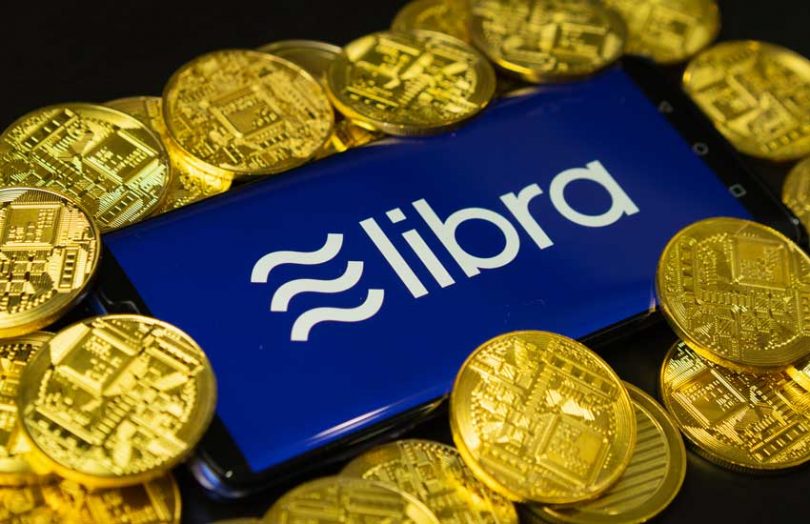Yesterday, U.S. Congresswoman Sylvia Garcia said she would make sure that the Securities and Exchange Commission regulates Facebook’s Libra as a security. Also yesterday, the Libra Association published a second whitepaper, toning down several features to appease regulators. It has also applied for a payments license with the Swiss Financial Markets Supervisory Authority (FINMA).
The Libra Association has suffered quite a few setbacks since its initial launch, with high profile members such as Visa, Mastercard, eBay, and Paypal withdrawing from the project apparently based on regulatory concerns. Central banks and regulators also have reservations that, with Facebook’s 2.7 billion audience, Libra could challenge sovereign currencies and destabilize the current financial ecosystem. Additionally, there are antitrust concerns.
“There are simply too many questions left unanswered regarding why Facebook is even developing a cryptocurrency and how it will affect the global economy and consumers,” said Garcia in her statement.
In November last year, Senator Garcia tabled a bipartisan bill in Congress called the ‘Managed Stablecoins Are Securities Act of 2019’. She is also a member of the U.S. House Committee on Financial Services.
Among the changes announced yesterday by Libra, the network would support single currency stablecoins instead of just the Libra coin backed by a basket of currencies. And the basket would be made up of the stablecoins.
The whitepaper said the Libra network would support central bank digital currencies (CBDC). The goal here is that an official Digital Dollar would replace a stablecoin dollar in the future.
The last change is that the Association is implementing a compliance and risk management framework, including robust anti-money laundering (AML) and counter-terrorism finance (CTF) standards.
But Congresswoman Garcia seems to be unfazed by these claims. “This (the second whitepaper) does not address the concerns I raised when Mr. Zuckerberg testified before the Financial Services Committee, and for which I introduced legislation to address said concerns,” she said.
Initially, Libra was supposed to eventually become a permission-less network, in which anyone could participate with no single authority in control. However, the new whitepaper states that Libra would remain a permissioned network and it will limit initial participants to designated dealers and regulated exchanges and custodians.
The whitepaper makes several references to incorporating feedback from broad consultations. Nonetheless, Garcia added: “Unfortunately, they (Facebook and Libra Association) chose not to listen to the bipartisan concerns raised about Libra. I will continue to work to make sure that the SEC regulates any such asset as the security that it is under current securities laws.”
Libra is aiming for an official launch by the end of this year.






